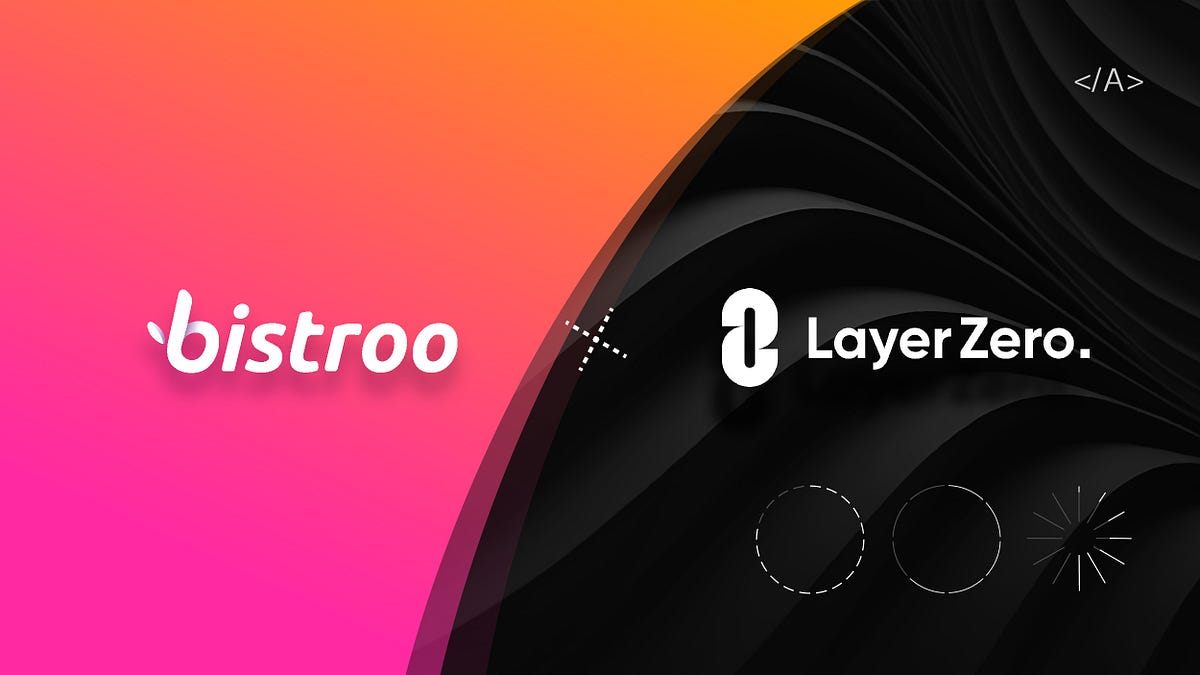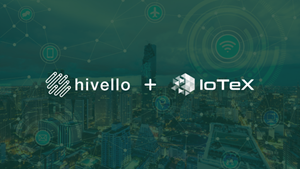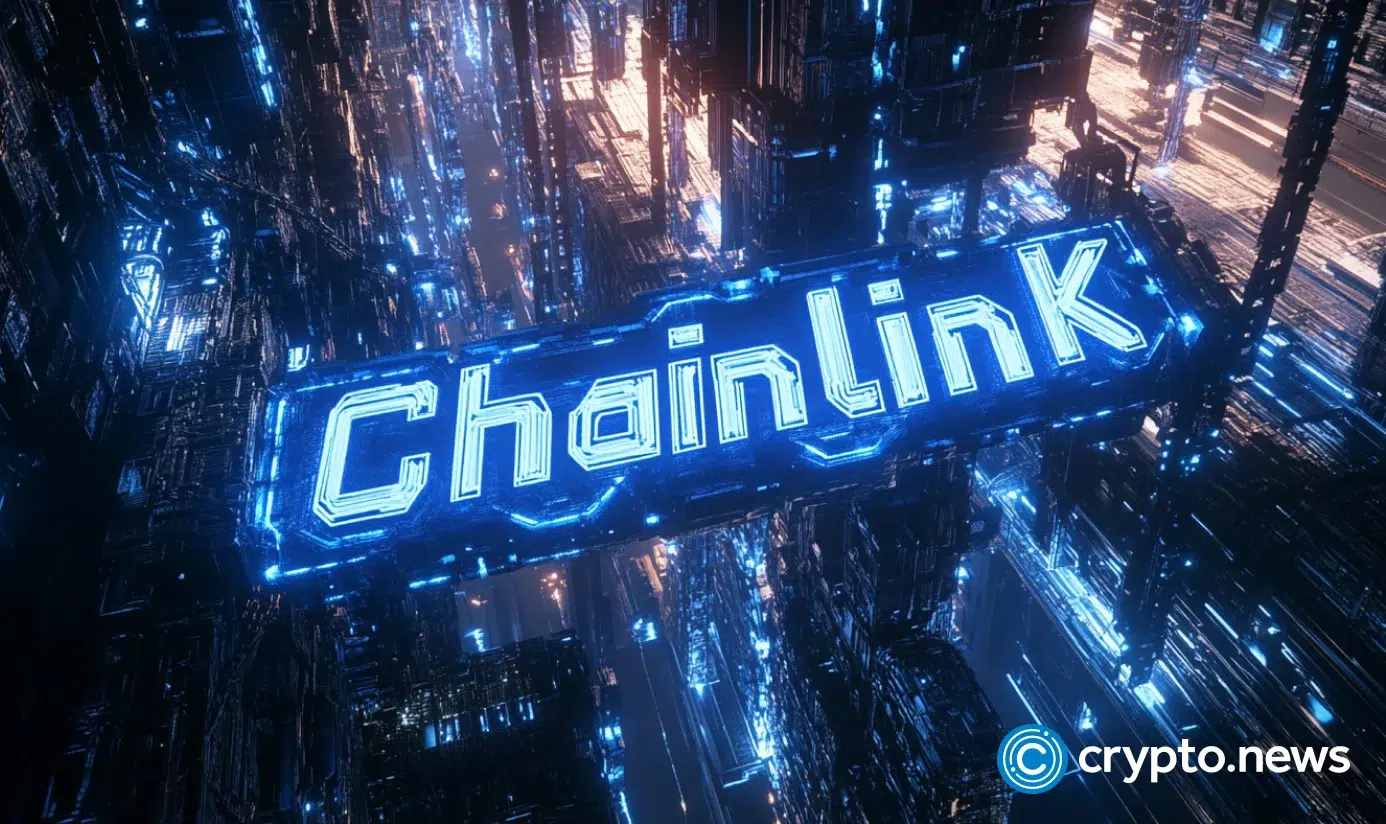Bistroo Integrates LayerZero for Enhanced Multi-Chain Functionality

Bistroo, a blockchain-powered food ordering ecosystem, has successfully integrated with LayerZero, an advanced interoperability protocol. This collaboration introduces seamless multi-chain bridging for Bistroo’s native token, BIST, significantly enhancing flexibility and liquidity within the decentralized ecosystem. With LayerZero’s omnichain messaging protocol, Bistroo can connect BIST with over 90 leading blockchains, including Ethereum, Binance Smart Chain, and Polygon. This integration allows BIST holders to transfer their tokens across multiple networks efficiently and securely, overcoming traditional challenges such as high transaction fees and liquidity fragmentation.
The benefits of this integration are manifold. Firstly, it enhances liquidity access by providing BIST with a direct connection to liquidity pools across various blockchains. This frictionless token movement enables users within Bistroo’s ecosystem to engage with a larger global market. Additionally, LayerZero’s Stargate protocol eliminates slippage and high fees typically associated with cross-chain transactions, making BIST more appealing to users. Furthermore, the integration improves ecosystem interoperability, allowing Bistroo to connect with a broader Web3 infrastructure and paving the way for further development across different chains.
Looking ahead, the integration of LayerZero positions Bistroo as a leader in the decentralization of food e-commerce. By ensuring that BIST operates as a truly multi-chain token, Bistroo aligns with its mission to create a decentralized economy where users can transact freely across blockchain boundaries. This strategic move not only enhances the utility of BIST but also ensures a scalable and user-friendly ecosystem, better equipped to meet the demands of its growing global user base while remaining committed to its vision of decentralization.
Related News





